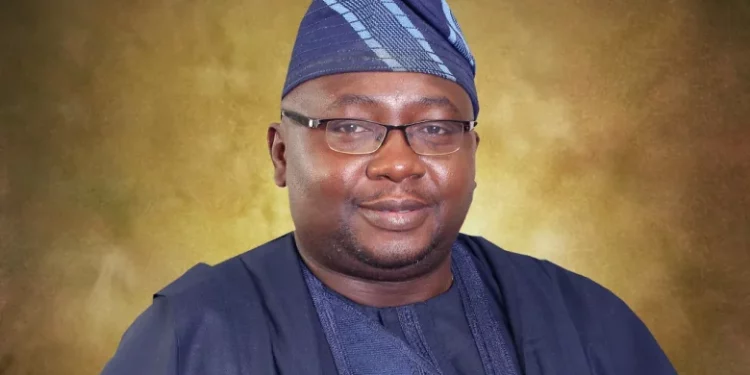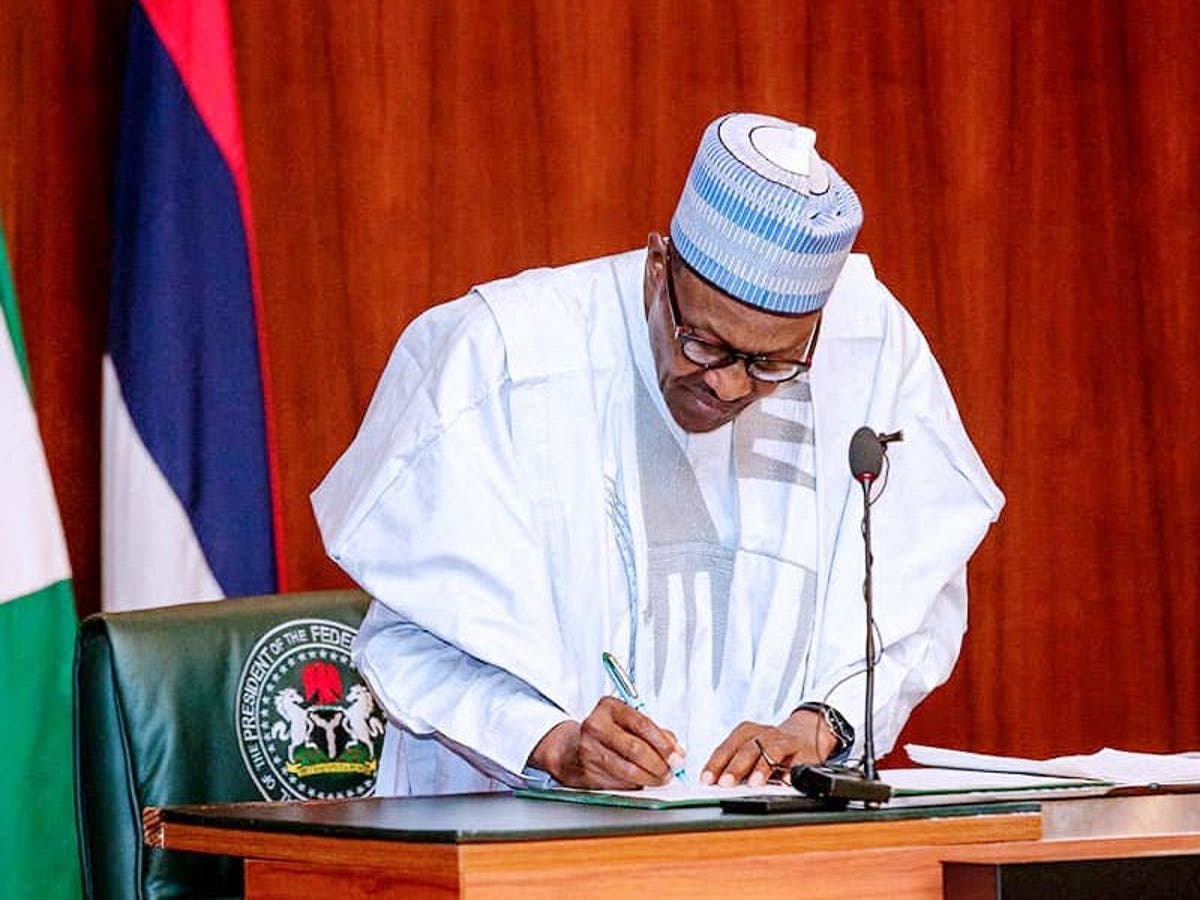The Federal Executive Council has approved ₦68.7 billion for critical electricity projects aimed at powering universities, teaching hospitals, and rural agricultural centres across Nigeria. The Minister of Power, Adebayo Adelabu, announced the approval following Thursday’s FEC meeting presided over by President Bola Tinubu at the State House in Abuja.
According to the minister, the new investment aligns with the federal government’s commitment to improving electricity access in key sectors such as health, education, and rural agriculture, where unreliable power supply has consistently hampered productivity and service delivery.
A significant portion of the approved funding will go toward engineering, procurement, and construction works under the Energising Education Programme (EEP), an initiative of the Rural Electrification Agency (REA). The programme aims to provide reliable, high-quality electricity to universities and teaching hospitals through off-grid renewable energy solutions.
Adelabu described the electricity situation in many of Nigeria’s tertiary institutions and medical facilities as “disturbing,” noting that years of unreliable grid supply had triggered crises in some locations, including prolonged blackouts and, in some cases, strikes due to the lack of electricity for essential operations. He said the intervention is designed to address these issues by reducing energy costs and improving service reliability across campuses and hospital facilities.
The newly approved phase of the Energising Education Programme will provide power to eight additional institutions: the University of Lagos, Ahmadu Bello University in Zaria, Obafemi Awolowo University in Ile-Ife, the University of Nigeria in Nsukka, the University of Ibadan along with its University College Hospital, the University of Calabar, and the Federal University in Wukari. These projects are expected to be completed within seven to nine months.
Adelabu cited previous successful installations, including solar plants at the University of Abuja, University of Niger (12MW), Usmanu Danfodiyo University in Sokoto (8MW), Nigerian Defence Academy (2.6MW), and the Federal University of Agriculture in Makurdi. These projects were supported by the World Bank and have already begun reducing energy costs while enhancing operational stability in their respective institutions.
Beyond universities and hospitals, the Federal Government is also targeting agricultural productivity in rural communities through a second approved initiative focused on powering Agricultural Centres of Excellence using solar energy. This rural electrification effort will supply solar-powered tools and infrastructure to small and micro agri-businesses in underserved areas.
According to Adelabu, this rural-focused programme aims not just to light homes but to empower agricultural producers with solar-powered processing equipment, reducing post-harvest losses and boosting local food production.
“This initiative goes beyond lighting homes; it supports productive use of energy by powering agro-processing machines and equipment in rural areas,” he said, emphasising the government’s goal of using clean energy to transform both educational and agricultural institutions across the country.
The projects, he added, reflect the Tinubu administration’s broader push for sustainable development and inclusive energy access. As Nigeria grapples with recurring national grid failures and high energy costs, these investments are expected to serve as vital lifelines for institutions and rural enterprises that have long operated in darkness or with costly diesel alternatives.
With implementation set to begin shortly, the government anticipates that the initiative will accelerate progress toward energy security, education reform, healthcare efficiency, and rural economic development.










